Graham Reid | | 4 min read
_coverart.jpg)
When Vanilla Fudge released their Shadow Morton-produced album The Beat Goes On in 1968 the times and drugs were different.
Rock musicians were reaching, and often over-reaching, the idea of a “concept” album had become embedded after Sgt Pepper, singles were being sneered at and albums – often with pretensions to classical influences – were where you could make Your Big Statement.
The was some pretty dire stuff floating about – the prosecution calls Deep Purple's Concerto for Group and Orchestra from '69 – but you have to wonder who in AtlanticRecords thought it okay to sign off on The Beat Goes On.
It was barely a Vanilla Fudge album at all and the first half of the second side sounds more like sound collage by producer Morton with snippets from Neville Chamberlain (“it bears Herr Hitler's name and mine”), Churchill, a Nazi crowd baying “Sieg Heil”, Harry Truman, the first dead Kennedy and more.
But we are getting a head of ourselves on this album by Vinnie Martell (guitar, vocals), drummer/singer Carmine Appice, bassist/singer Tom Bogert and lead singer/keyboard player Mark Stein.
And many many others beamed in via samples. Like Thomas Edison.
Side one opens with Sketch which is pretty much just that, a three minute keyboard thing of enormous portentousness and no fixed genre or direction.
Then after Edison repeating his famous first recording (“Mary had a little lamb . . .”) we have Phase One which opens with a snatch of Sonny Bono's title track delivered as bludgeoning piece of metal intro before it hits the few familiar chords (on a piece originally defined by its bass line) before we are off into snippets of Mozart, Stephen Foster, Cole Porter's Don't Fence Me In, 12th Street Rag, In the Mood and Hound Dog (astonishingly bad and sounding like it was recorded in a biscuit tin), all under a minute apiece . . . then a shudderingly awful two minute medley of Beatles songs as imagined by a teenage bar band.
I Want to Hold Hold Your Hand, I Feel Fine, Day Tripper, She Loves You and Hello Goodbye did not deserve this.
Somewhere between some of these pieces are stentorian and slow deliveries of the title melody of The Beat Goes On.
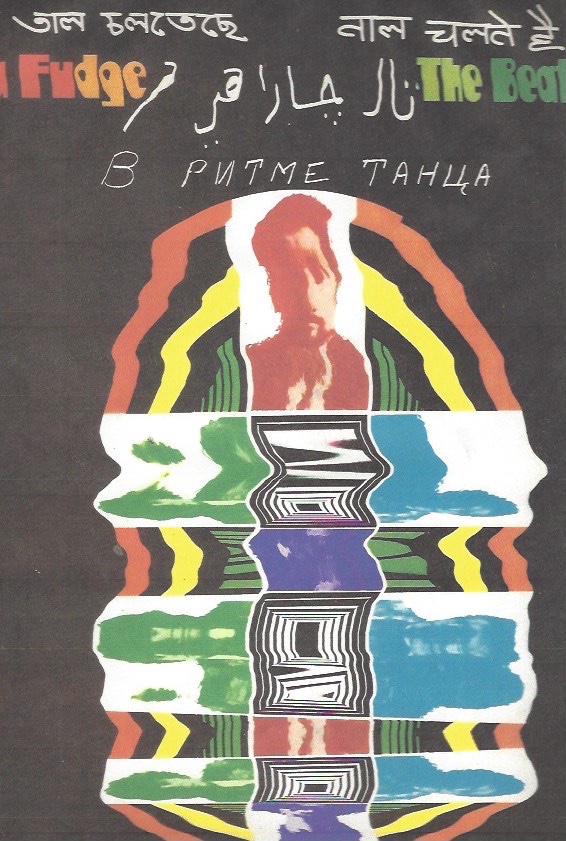 Go figure, as the Americans say.
Go figure, as the Americans say.
If you think that makes no sense then Phase Two which takes out the rest of the side is 90 seconds of The Beat Goes On followed by respectfully dull treatments then prog assaults on Fur Elise and Moonlight Sonata with quasi-choral and very earnest vocal bits (of course, why not?).
Then there's another minute of their enormously tedious Beat Goes On which seems to indicate that, “Yeah, all this historical stuff happened, but the beat goes on . . .”
Albeit sometimes backwards into the past.
If the acid has taken hold and this nonsense is somehow making sense to you – you may well be seeing black'n'white pictures on the wall of Ludwig Van and Lennon John – then you will be up for side-the-second which opens with a kind of Latin swinging variant on that increasingly desperate-sounding Beat Goes On linking-riff and all those Voices in Time (sound samples by Chamberlain et al, the radio broadcast of the funeral of FDR, Hiroshima, the inauguration of JFK) of Phase Three.
And then, for your listening pleasure is, Phase Four which comes under the title Merchant/The Game is Over and opens with a snatch of yet another treatment of that title..
What that means is that for nine minutes each band member gets to exercise themselves . . . and believe me it is less than 1/15th of interest as any other very bad album you have ever heard. Despite the sitar passage at the start and . . .
Just further nonsense in which over-arching intelligence from the band was absent, and the drugs made everyone thing they were smarter, more insightful, important and relevant than they were.
To paraphrase FDR, this is an album which will live in infamy.
So who to blame for this sonic journey through time?
Not the mighty Fudge apparently who quickly – and understandably – disowned it, despite their obvious commitment.
Stay, if you will for their Seriously Statements and Their Interview Opinions in the meandering Phase Four which are hilarious, bad, embarrassing and just plain flaky.
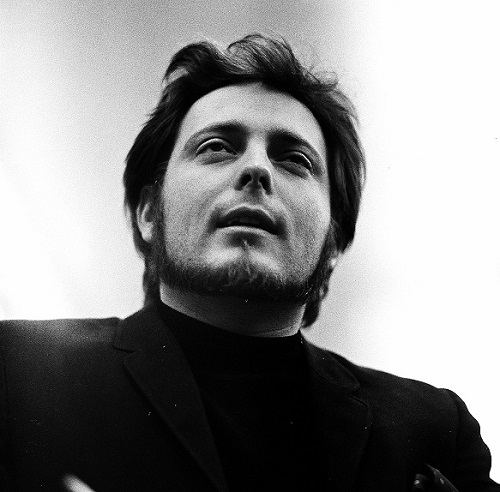 So again, who to blame?
So again, who to blame?
Producer Shadow Morton – who had recorded the Shangri-Las and others – seems to be the one the band point the finger at, although he remained at the desk for their subsequent Renaissance album released just a few months later (and which they were actually recording at the same time). He'd also produced their self-titled debut album which sprung a hit with their unlikely revamp of the Supremes' You Keep Me Hanging On which bridged psychedelic rock, hard rock and agonising soul.
Bassist Tim Bogert later said, “The Beat Goes On was the album that killed the band”.
It didn't actually, they continued on with the same line-up for another few years and albums and then – despite numerous comings, goings, line-up and label changes – the original band is still here today although Bogert doesn't tour with them
Oddly enough the album went top 20 in the US (presumably people bought it before they heard it) and nothing from The Beat Goes On appears on their Best of albums.
Drummer Carmine Appice wrote in his autobiography (this was a man who introduced himself to me as, “I'm Animal, in The Muppets") that, “The Beat Goes On sounds like an album that Spinal Tap would be wary of making.”
The sad, mad truth is that Spinal Tap might have indulged their worst and most pretentious instincts and done exactly a concept album like The Beat Goes On.
The difference is, theirs would have been a parody of whatever “genre” this is.
It's on Spotify here, you be the judge!
.
Elsewhere occasionally revisits albums -- classics sometimes, but more often oddities or overlooked albums by major artists -- and you can find a number of them starting here

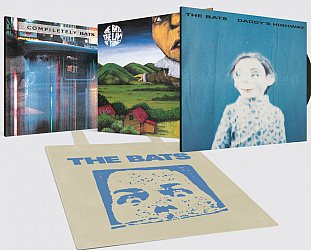
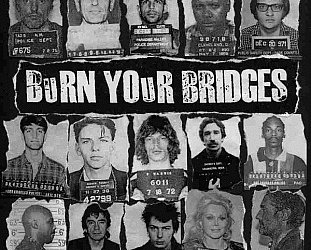
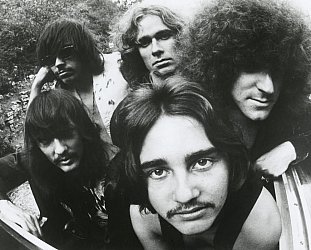
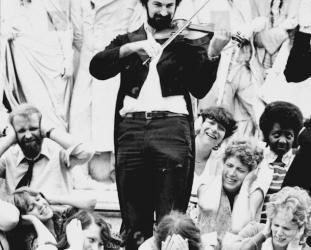
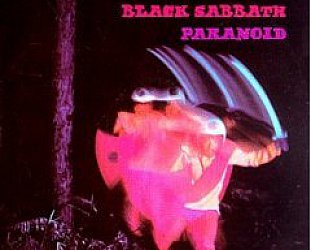

post a comment